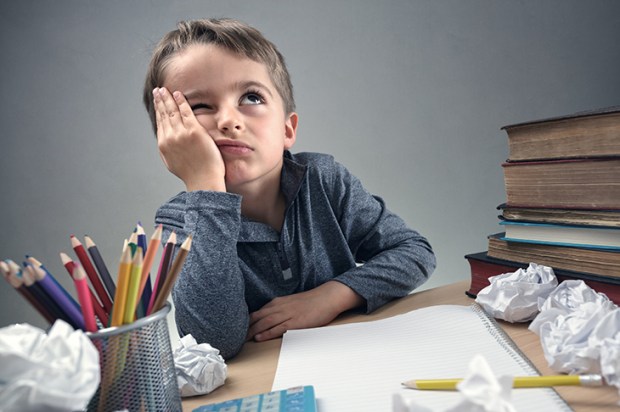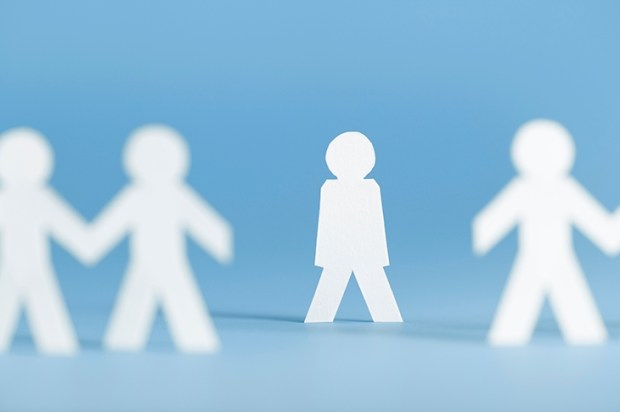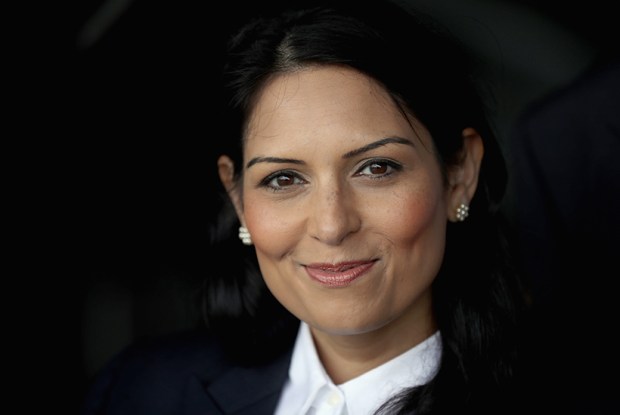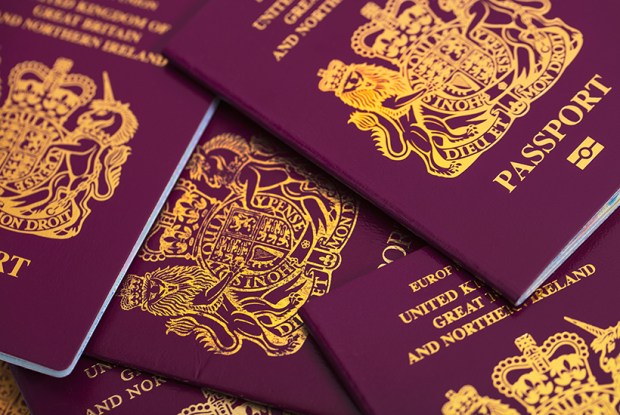News programmes are as interesting, these days, for what they don’t tell you as for what they do. So, the ten o’clock news on the BBC on Monday night reported the horrible murder of 18-month-old Elsie Scully-Hicks by her adoptive father, without mentioning that the baby had been adopted by a gay couple. There was a fleeting reference to the murderer, Matthew Scully-Hicks, having a husband, which kind of gave the game away. But otherwise it was something the BBC would rather we did not know, and certainly did not dwell on.
Whenever they do something like this, I think it’s important to dwell on it for a bit. There are lots of things they don’t tell you, these days. When someone does a spot of ad hoc alfresco murdering, they won’t tell you his race unless he’s white. They won’t tell you his religion unless he’s not Muslim. If he is Muslim, his belief system will have been exonerated, or considered irrelevant, by the BBC. If he is a white fascist, however, his belief system will be held almost entirely responsible for the crime. This, I would argue, is stupid as well as inconsistent.
On the gay thing, the BBC clearly made a corporate decision that Scully-Hicks’s sexual orientation was of no relevance, and therefore it wouldn’t be mentioned. That is a bit of a leap, to say the least, since gay people have been allowed to adopt children for only 15 years, the public is still marginally agin the idea and the research on outcomes for adoptees of gay parents is both sketchy and full of the usual wishful thinking: i.e., it’s usually anecdotal or made up.
Adoptive parents of any sexual orientation are much, much more likely to harm their children than are genetic parents. The figure is even worse for step-parents — something the evolutionary psychologists call the ‘Cinderella Effect’ (basically, step-parents, like adoptive parents, have no genetic investment in their kids, so the theory goes). Furthermore, adopted kids are much more likely to kill their adoptive parents than children living with their genetic parents, and in the USA they are hugely over-represented among serial killers (constituting approximately 16 per cent).
Let’s pursue this interesting trope a little further. Children who are the offspring of parents who are simply cohabiting, rather than married, are reported to have slower social, cognitive and emotional development than children whose parents are (heterosexually) married, and are more likely to do poorly at school and more likely to suffer psychiatric problems. Children raised by single parents are much, much more likely to do poorly at school, become sexually active earlier, need psychiatric counselling, become involved in crime and either work in low-paid jobs or be unemployed.
You might assume that relative poverty is something to do with this — but nope, the studies are weighted to exclude income (even though one obvious consequence of single parenthood is being perpetually skint).
You can see where I am going with this — to a glorious position which the law considers contraband and which the BBC would consider a hate crime. To sum up: children with the best outcomes are brought up by their genetic parents, mum and dad, who are married — pretty much end of story. Not a single study I’ve seen (and believe me, I’ve waded through plenty) seriously challenges this fact, even if a great many set out to do so.
It is also what I suspect the majority of British people think is the preferable state of affairs for bringing up children. And yet if a politician were to say it, he or she would be howled down. The liberal media — and, for that matter, the social services — do not like to pass judgment and consider all lifestyle choices irrelevant: whatever gets you through the night’s all right, to paraphrase the idiotic John Lennon. But lifestyle choices are anything but irrelevant if we are concerned about the best way in which to bring up our children. (They are irrelevant, however, if that doesn’t matter a toss.) Gay parents? It’s still a bit early to say. My point of view was always that given the shortage of adoptive parents, putting a child with two homosexuals was probably preferable to leaving them in a children’s home. The sociologist Patricia Morgan might well query this, though, having suggested that many of the reports promoting gay adoption have been based on flawed, hurried research, inexpert samples, bad management and — as I said before — wishful thinking. The latest report I’ve seen, from the University of Texas, suggested that children of gay parents:
• Are much more likely to have received welfare support;
• Have lower educational attainment;
• Report less safety and security in their family of origin;
• Report more ongoing ‘negative impact’ from their family of origin;
• Are more likely to suffer from depression;
• Have been arrested more often;
• If they are female, have had more sexual partners — both male and female.
When the Scottish Parliament voted to allow gay adoption — against the wishes of the majority of the electorate — it declined to publish a report which (as a Freedom of Information request revealed) suggested that kids adopted by gay parents were more likely to suffer bullying and emotional trauma. They thought it was irrelevant, presumably.
My point is not remotely that little Elsie Scully-Hicks was murdered simply because her parents were gay. Only that Matthew Scully-Hicks’s homosexuality is not irrelevant to the issue, statistically or emotionally. The social workers visited that tiny child 15 times before she was killed, noting the inexplicable bruises and the broken limbs, but taking no action. To what extent did a visceral commitment to the idea of gay adoption blind them to what was happening? Are we not, once again, in Rotherham, where a grossly mistaken PC ideology took precedence over the suffering of victims?
Got something to add? Join the discussion and comment below.
Get 10 issues for just $10
Subscribe to The Spectator Australia today for the next 10 magazine issues, plus full online access, for just $10.
You might disagree with half of it, but you’ll enjoy reading all of it. Try your first month for free, then just $2 a week for the remainder of your first year.















Comments
Don't miss out
Join the conversation with other Spectator Australia readers. Subscribe to leave a comment.
SUBSCRIBEAlready a subscriber? Log in